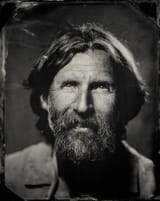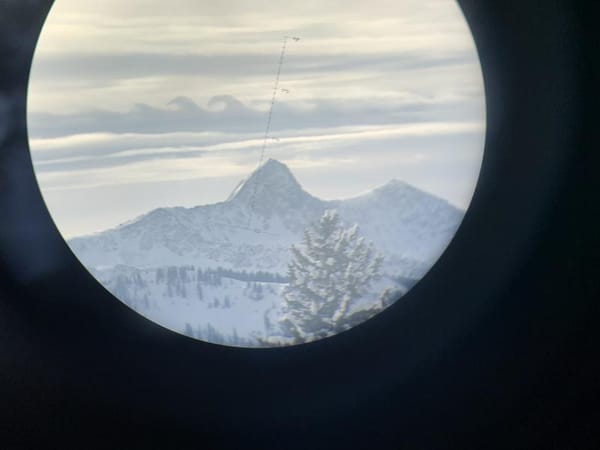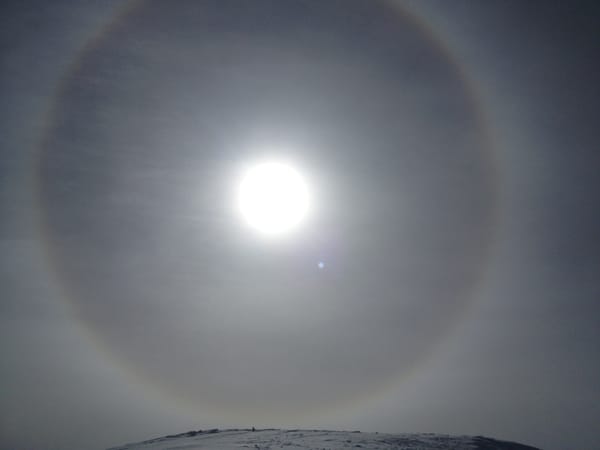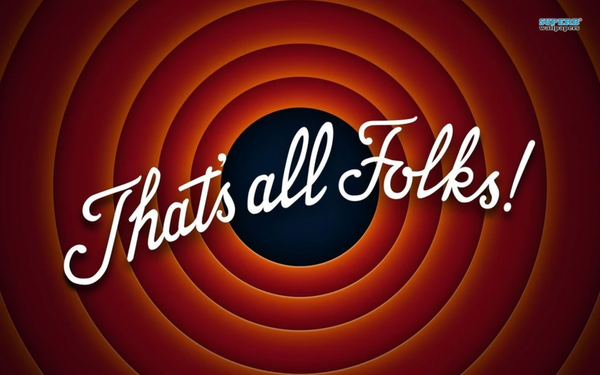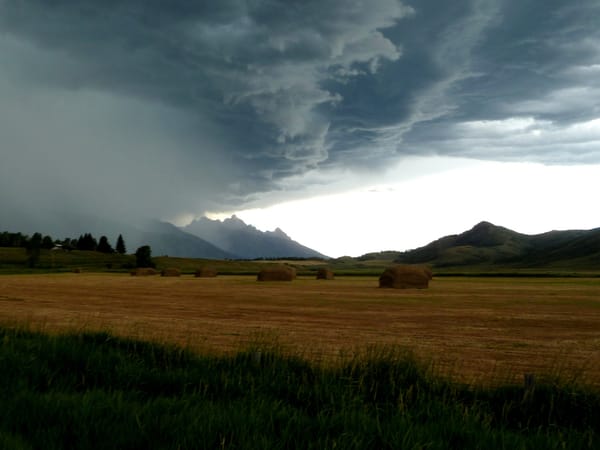Thanks for the Memories

I was recently invited to speak at a friend’s memorial. And so I began by acknowledging my fellow speakers, referring to a recent study on...fear. The study found that people feared public speaking more than death itself; in other words, more people would rather be in the box than speak about the person in the box.
Which was a good segue.
These memorials, these celebrations of life, are such interesting constructs. At some point, each of us will be in the person-in-the-box’s shoes, so to speak. But what will people remember of us? What will they say after we’ve gone? I wonder if the stories will be different than the stories we tell ourselves. Not long ago, I spoke with an old colleague in the Tetons and I asked him, What stories do they tell of me? Nick only grinned. “Bub, you don’t want to know.”

But memory. I continue to be fascinated by memory.
In the course of my career(s), I have conducted dozens upon dozens of post-accident interviews both as a Grand Teton National Park ranger (as incident commander) and as a Utah Avalanche Center forecaster. What is fascinating is that perception and memory are typically fragmented and often become even more so over time. Chain of events, who did what, why things went wrong in the first place.

This is especially true as we view stories through our first person lens and it should be acknowledged that these stories don’t need to be true to accomplish this. Are we not the heroes (or even villians) of our own stories?Further, I know that memories can be pixelated, as it were - photographs of photographs of photographs ad infinitum - until there is little left except for the emotional memory, if anything at all.
So. How can we remember what what we need to remember?
Recently I took a friend of a friend out for ice cream. She is 93 years old. Jama was a retired art teacher but remained as passionate about art as ever. She showed me landscape painting after landscape painting of her old farm in Tennessee. We talked about still-life and impressionist art. But when it came to her long-deceased husband, she couldn’t remember much about him. Soon, perhaps, he may cease to exist in her memory at all.

Without memory, I wonder, will someone or something have existed at all?
